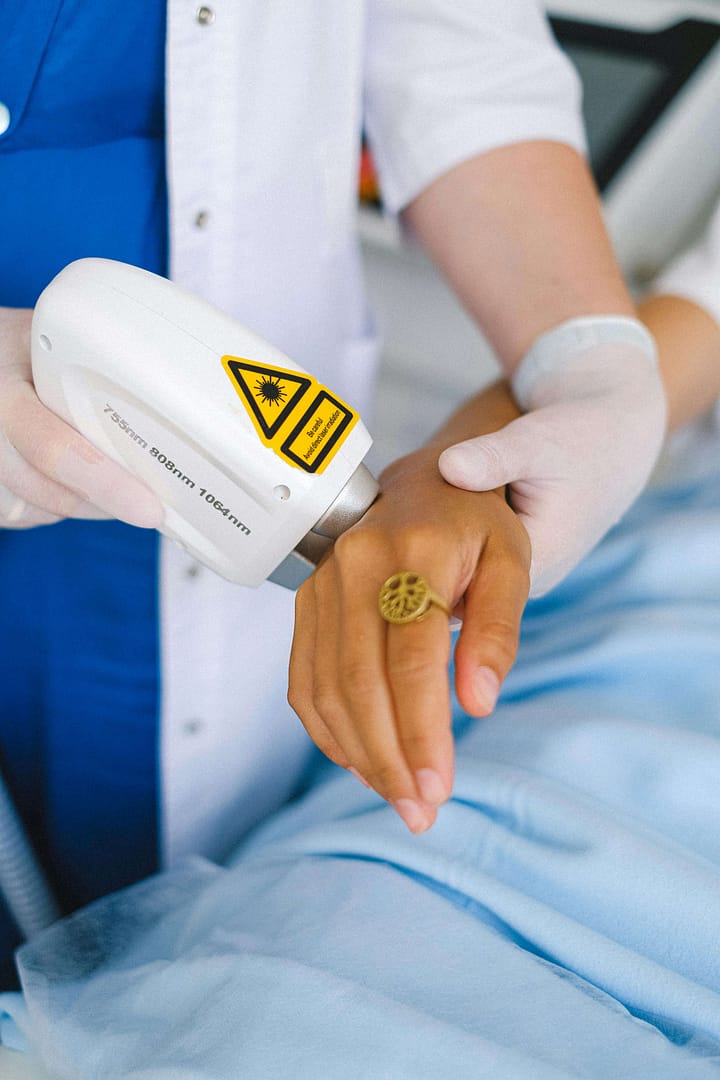Clinical negligence is a serious concern in the healthcare sector, impacting patients’ lives and eroding trust in medical professionals. The pivotal question that arises is, how can negligence be prevented? The answer lies in the meticulous design and implementation of regulations aimed at ensuring the highest standards of care. In this article, we delve into the intricate web of regulations and explore their pivotal role in preventing clinical negligence.
Understanding the Landscape
To comprehend the role of regulation, we first need to understand the landscape it operates in. Healthcare, a domain where the stakes are often life and death, demands stringent oversight. Regulations act as the guardians of patient safety, setting the standards and guidelines that healthcare providers must adhere to. These rules are not meant to stifle innovation or impede medical progress but to create a framework that prioritises patient well-being.
The Four Pillars of Negligence in Clinical Care
Before diving into the regulatory landscape, let’s establish the four cornerstones of a negligence claim in clinical care. Here, negligence arises when a healthcare professional fails to uphold the expected standard of care for their field. These four elements are essential for any legal action and underscore the importance of adhering to established standards.
1. Duty of Care:
This is the foundation. Healthcare professionals have a legal and ethical obligation to provide a specific level of care to their patients. It’s not just a formality; it’s a commitment to patient well-being.
2. Breach of Duty:
This occurs when a healthcare professional deviates from the expected standard of care in their field. This is a crucial element, often hinging on whether the professional’s actions fell outside accepted practices.
3. Causation:
This element connects the breach of duty to the patient’s harm. It establishes a clear link between the professional’s actions (or inaction) and the negative outcome for the patient.
4. Damages:
A valid negligence claim requires the patient to have suffered actual harm. These damages can be physical, emotional, or financial, reflecting the broad impact of clinical negligence.
The Regulatory Framework: A Safeguard Against Negligence
Regulations act as a safeguard against negligence by providing a comprehensive framework for healthcare professionals to operate within. In the UK, regulatory bodies such as the General Medical Council (GMC) play a pivotal role in setting and enforcing standards. These standards cover a wide array of aspects, from professional conduct to clinical competence, leaving no room for ambiguity.
Professional Conduct
Regulations outline the expected code of conduct for healthcare professionals. This includes ethical considerations, maintaining patient confidentiality, and fostering an environment of trust between the patient and the healthcare provider.
Clinical Competence
Ensuring that healthcare professionals possess and continually update their clinical competence is paramount. Regulations mandate ongoing professional development, ensuring that practitioners stay abreast of the latest medical advancements and techniques.
Accountability and Oversight
Regulatory bodies are tasked with holding healthcare professionals accountable for their actions. This includes investigating complaints, conducting disciplinary hearings, and, if necessary, revoking licence. The presence of a robust oversight mechanism acts as a deterrent, discouraging malpractice.
Standardisation of Protocols
Regulations standardised protocols and procedures, leaving little room for ambiguity or interpretation. This clarity is instrumental in reducing the likelihood of errors and ensuring a consistent quality of care across the healthcare landscape.
Receive a call about your claim
Challenges and Evolving Solutions
While regulations play a pivotal role, it is essential to acknowledge the challenges inherent in their implementation. The dynamic nature of healthcare, coupled with the constant evolution of medical science, poses a continuous challenge for regulators. Striking the right balance between fostering innovation and maintaining stringent standards requires a nuanced approach.
Adapting to Technological Advancements
The rapid pace of technological advancements in the medical field necessitates a regulatory framework that can adapt without compromising patient safety. This involves regularly updating guidelines and ensuring that healthcare professionals are equipped to leverage new technologies responsibly.
Balancing Accountability and Psychological Impact
Striking a balance between holding healthcare professionals accountable and understanding the psychological impact of litigation is crucial. Fear of legal consequences should not hinder medical professionals from making decisions in the best interest of the patient. The regulatory framework should provide a fair and just system that differentiates between genuine mistakes and willful negligence.
The Human Element in Regulation
At the core of regulations are human lives—patients seeking care and professionals dedicated to providing it. The regulatory framework must not lose sight of this human element. It should inspire a culture of continuous improvement, fostering a mindset where healthcare professionals view regulations not as constraints but as tools for enhancing patient outcomes.
Education and Awareness
Education plays a pivotal role in the success of any regulatory framework. Healthcare professionals need to be well-versed in the standards set by regulatory bodies, understanding not just the ‘what’ but also the ‘why’ behind each guideline. This knowledge empowers them to contribute actively to a culture of safety.
Patient Empowerment
Regulations should not be a distant set of rules but a transparent guide that empowers patients. Patient awareness regarding their rights, the expected standard of care, and the avenues for recourse in case of negligence is paramount. This empowerment transforms patients from passive recipients of care to active participants in their healthcare journey.

Making a Clinical Negligence Claim with National Claims
In the unfortunate event of clinical negligence. National Claims stands as a beacon of support for those who have experienced substandard care. As a leading entity in the field, National Claims guides individuals through the intricate process of making a claim.
Our Approach:
Comprehensive Assessment: National Claims conducts a thorough assessment of the case, considering all aspects to determine the validity of the claim.
Legal Expertise:
Our team will connect you with a solicitor from our panel of solicitors specialising in clinical negligence, National Claims ensures that every case is approached with the highest level of expertise.
Transparent Communication:
Understanding the emotional toll of clinical negligence, National Claims prioritises transparent communication, keeping clients informed at every step of the process.
Advocacy for Justice:
National Claims serves as a staunch advocate for justice, striving to hold responsible parties accountable for their actions.
Conclusion
In the intricate dance between healthcare professionals, regulations, and patients, the role of regulation in preventing clinical negligence emerges as a linchpin. It is not a rigid set of rules meant to stifle innovation but a dynamic framework designed to ensure the highest standards of care. As we navigate the evolving landscape of healthcare, one thing remains constant—the need for regulations that prioritise patient safety without impeding the noble pursuit of healing.
The delicate balance between innovation and accountability, when struck with precision, paves the way for a healthcare system where negligence is the exception, not the rule. And for those who have suffered from clinical negligence, entities like National Claims stand ready to provide support and a pathway to justice.
Start your claim and speak to one of our claims agents by contacting us.
Click below to see why we are one of the most trusted claims management companies in the UK.

We’re proud of our excellent customer reviews
We thrive on delivering exceptional service and ensuring our clients’ satisfaction. Don’t just take our word for it. Check out some of our independent reviews to see what our clients have to say.
Excellent

This firm is excellent, they sorted out my car pay out and injury claim very fast, they always communicate with you all the time.

My accident case was dealt with confidence and with great result of the outcome, especially James kept me informed all the time.

I was very impressed at the way my inquiry was treated. I was listened to attentively and everything I needed to know was explained to me.






